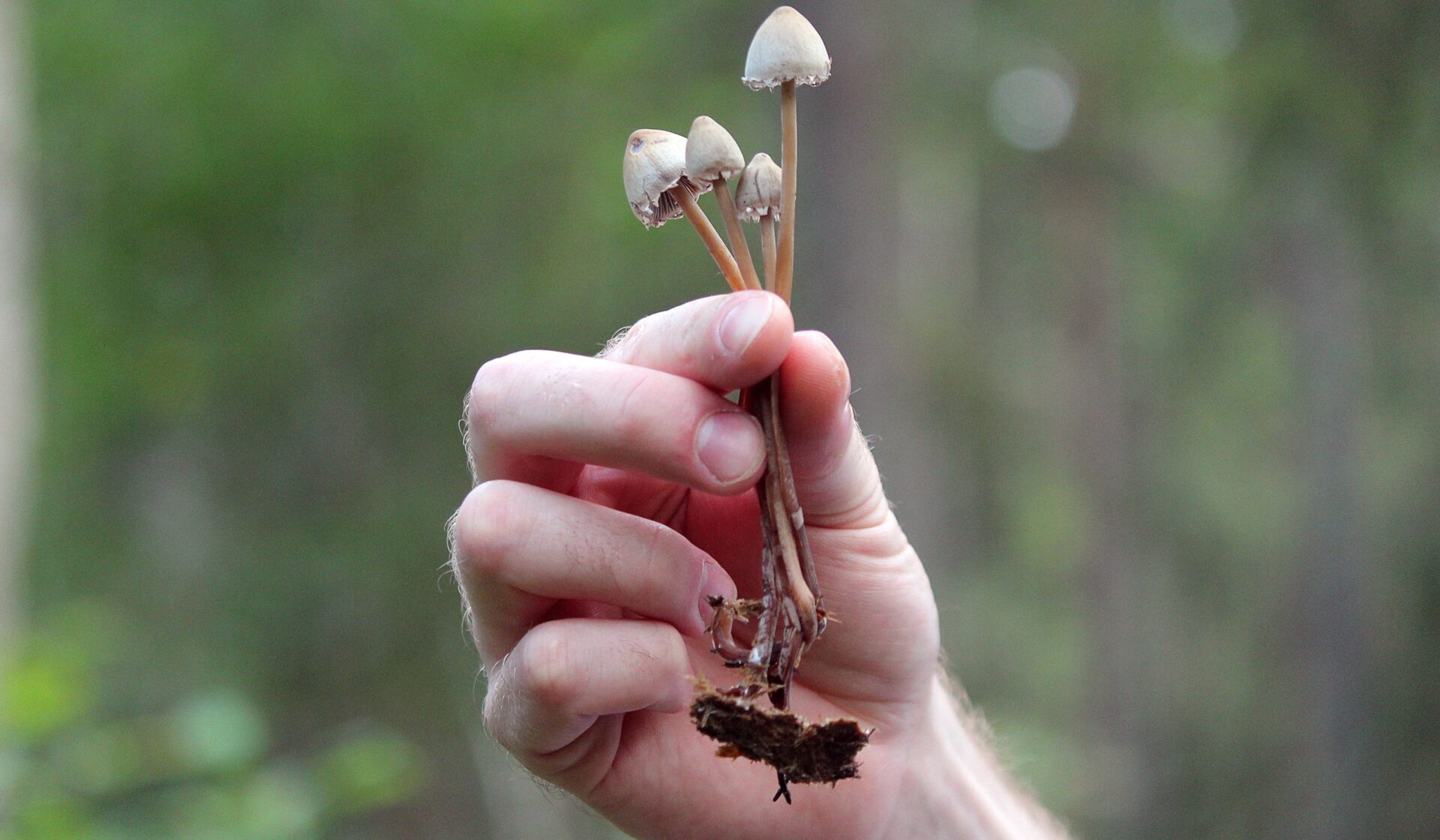A new study shows that consuming tiny amounts of LSD or magic mushrooms can improve mindfulness in people with attention deficit hyperactivity disorder.
Following decades of demonisation and criminalisation, psychedelic drugs are being proved to have profound implications for a field that’s seen few pharmacological advancements since the 60s.
I’m talking, of course, about the treatment of intractable conditions such as depression, PTSD, and addiction, which time and time again these mind-altering substances have shown genuine promise in alleviating the symptoms of.
Now more than ever before – amid a mental health crisis that has care services bursting at the seams – there’s a great body of evidence about their enormous medical potential as well as a recognition that we are in dire need of new therapeutic tools.
Thankfully, the psychedelic renaissance is well underway, regardless of the complications the status of hallucinogens as controlled compounds brings, such as making it bureaucratically challenging and expensive to progress them through clinical trials.
#Psychedelic medicine – a new era of therapeutics?
After promising results in the treatment of #MentalHealth disorders, @Imperial_PRG is now focusing on the efficacy of #psychedelics in treating anorexia, chronic pain and OCD.
Register for the seminar
https://t.co/Z4knINbNf6
— Imperial Medicine (@ImperialMed) November 30, 2023
In recent years, we’ve seen universities race to set up research centres, investors pour millions into the market, US states begin to loosen restrictions, and advocates argue psychedelics could help us solve seemingly intractable crises like environmental destruction and economic inequity.
More recently, a study by the Department of Neuropsychology and Psychopharmacology at Maastricht University, published in Frontiers in Psychiatry, has revealed that consuming tiny amounts of LSD or magic mushrooms could help people with ADHD.
According to the findings, microdosing psychedelics can improve mindfulness in people with attention deficit hyperactivity disorder.
Mindfulness is defined as the ability to be present and allocate attention to what you’re currently experiencing, which is difficult for ADHD sufferers.




















